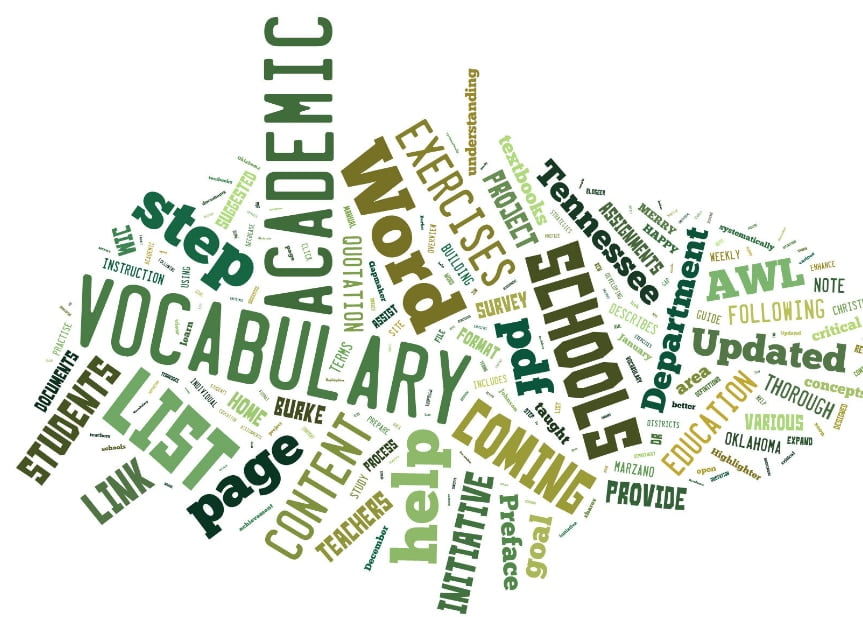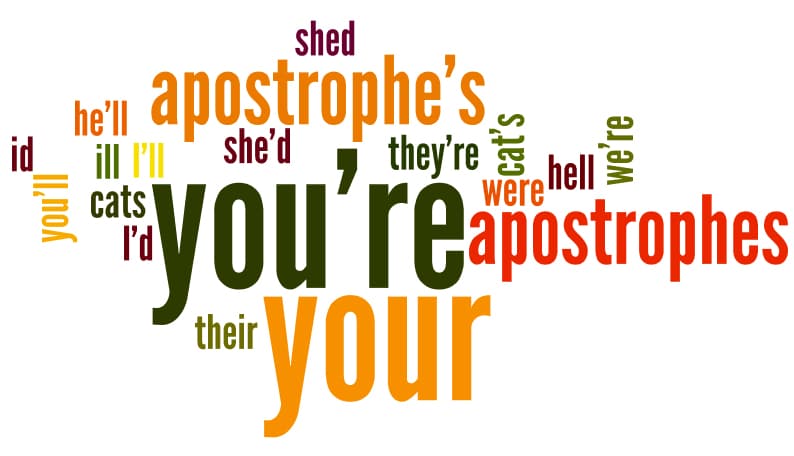First-year university students are the worst spelling offenders, despite spending 13 years in the education system, according to a 2008 Telegraph report. The report states that basic words, such as “their,” “speech,” and even “Wednesday,” are incorrectly spelt by them. To put British university students to further shame, the report states that students from Singapore and Brunei make fewer spelling mistakes, highlighting the need for strategies to avoid spelling mistakes.
Correctly spelling a word is of the utmost importance for students and professionals alike. For a university student, one spelling mistake is the difference between a first class grade and an upper second class grade. For a professional, it is more detrimental. Because of an overlooked spelling mistake, they could lose a client or even worse, get fired. And finally, for a business, it is most detrimental and damaging. Their reputation could be tarnished.
So Proofers have prescribed a few tips for students, professionals and businesses struck with this illness.
Tips to avoid common spelling mistakes…
Tip #1: Read are much as you can
Everybody reads, right? The rise of the internet, smartphones, and touch tablets has pushed books to the sidelines. Instead of reading, we now have endless options at our fingertips, whether it’s playing video games with a quick tap or catching up on the latest episode of EastEnders with a simple swipe
As you read more, you’ll notice an improvement in you spelling. You don’t have to constrict yourself to books. Today, the news is available at the swipe of a finger. Quality and red top newspapers, such as The Guardian and The Daily Mail, have expanded into the realm of mobile applications. While you’re commuting to university, work or home, you can catch up with the latest transfer bid for Manchester United or, if you more serious, you can stay parallel with the latest news on Boris Johnson. Our point is that you should read if you want to improve your spelling.
Tip #2: Use a Dictionary
If you’re more serious about spelling, go one step further. Use a dictionary. Yep, that thick book which we glanced at primary school and then dropped as soon as we realised that it contained words. If you unsure about the spelling of a word, just flick through a dictionary to find the correct spelling. In fact, you don’t need a dictionary. Today, a dictionary is available at the click of a button. Websites, such as thefreedictionary.com contain the meanings of words which are almost practically unknown.
Tip #3: Have your text reviewed
Have someone else review your work before submitting it. After spending hours on the same piece of writing, it’s easy to overlook spelling mistakes and awkward phrases. A fresh pair of eyes can spot errors you might miss, ensuring your writing is clear and mistake-free.
Tip #4: Employ a Proofreader
Pass your important document to the well-trained eyes of a proofreader. Most professional proofreaders are avid readers, who enjoy reading a variety of topics. Day in, day out, they are practising their skills, so they are naturally talented at spelling difficult words.
Summary
In conclusion, avoiding spelling mistakes is essential for producing polished and professional writing. Consult a dictionary, review your work thoroughly, and have someone else proofread to reduce errors in your writing. With attention to detail and a few simple strategies, you’ll be able to improve the accuracy and clarity of your work, leaving a positive impression on your readers. Keep these tips in mind, and make spelling errors a thing of the past!
Many spelling errors occur due to confusing homophones, such as ‘there’ and ‘their’. To explore the most commonly confused homophones, check out our homophones guide.
Do you need your writing to be Proofread? We offer expert proofreading and editing services tailored to your specific needs. Our goal is to ensure your writing is polished, professional, and clear. Whether you’re working on an academic paper, business document, or any other written content, we will help refine your language and enhance the overall quality of your work.
Contact us today by visiting our website or giving us a call and see how we can help!
Some helpful resources:
BBC Learning English – Spelling and Pronunciation Tips
BBC Learning English offers a range of exercises and videos to help you improve both spelling and pronunciation, making writing easier.
British Council – Spelling Tips and Exercises
The British Council Learn English offers practical spelling exercises and tips designed to help learners avoid common mistakes.
Importance of Proofreading Your Blog
Discover the full benefits of proofreading and why it’s crucial for maintaining the credibility of your blog in our detailed guide on the Importance of Proofreading Your Blog.






